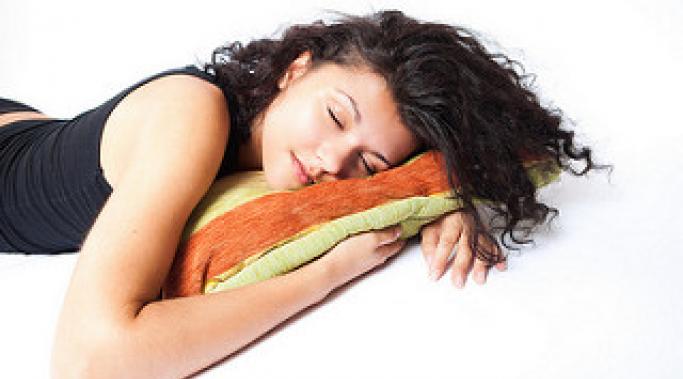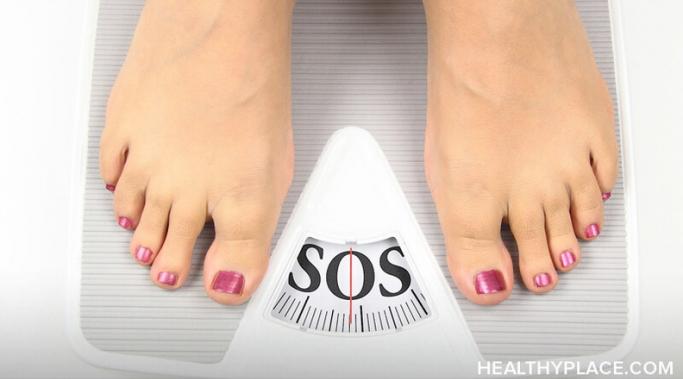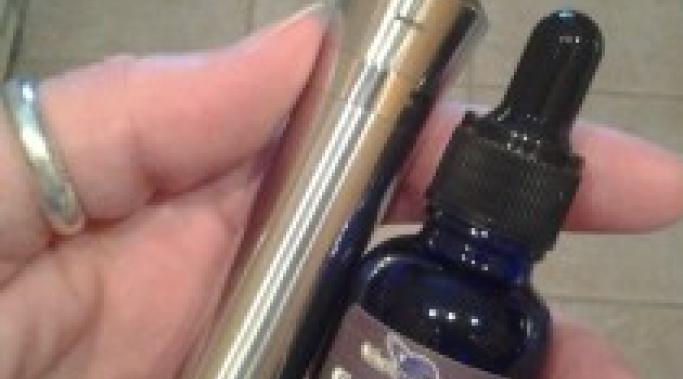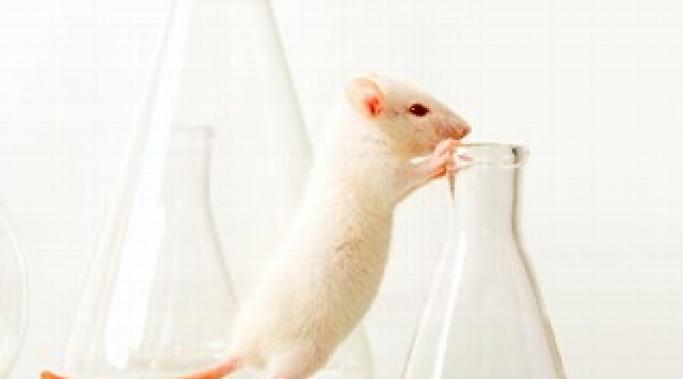Despite its health risks, hookah smoking is growing in popularity across the United States and many other countries (Treatment For Nicotine Addiction). Hookah smokers, and the general public, often believe that the practice is virtually harmless, but both the Center for Disease Control (CDC) and the Mayo Clinic state that hookah smoking has several health risks and is not safer than cigarette smoking.
Addiction Research
Difficulty sleeping relates to alcohol use and withdrawal. Alcohol is actually not a good sleep aid, contrary to popular belief. Sure, it helps you fall asleep more quickly, but can lead to a host of other sleep disorders, such as sleep apnea and sleep walking; plus, when used frequently, drinking alcohol can lead to alcohol dependence.1
In alcoholics, the effects on sleep of alcohol, or alcohol withdrawal, are much more pronounced. Here are some explanations and advice for what you can do in early sobriety to sleep more soundly.
Over-prescription of opioid painkillers is contributing to America's increasing abuse of opiate prescription drugs and heroin. A 2013 report by the U.S. Center for Disease Control and Prevention (CDC) and U.S. Food and Drug Administration (FDA)1 found that people who abuse or are dependent on prescription opioid painkillers are 40 times more likely to abuse or be dependent on heroin. So what can we do about opioid painkiller over-prescription?
Drunkorexia is a non-medical term describing the habit of reducing food intake (or even anorexia) combined with alcohol use. This calorie restriction is used to compensate for calories consumed through alcoholic beverages. It is not a new phenomenon, but it's not a safe one either. Restricted eating or anorexia plus alcohol use is dangerous.
Loneliness and addiction often coincide, creating the illusion for most addicts that no one shares their pain. In fact, loneliness is actually one of the common threads that unites addicts in recovery. After discussing how sad and lonely I felt while drinking, I bonded with more people in recovery from addictions than any other time. Overcoming loneliness in addiction is possible.
With use of e-cigarettes and vaping on the rise, many people are beginning to wonder, just how safe are e-cigarettes and vaping? I recently attended a lecture by three professors at Portland State University that addressed the science of e-cigarettes. The neuroscience presented was complex but at least one point was clear--vaping and other forms of electronic nicotine delivery are not harmless.
Many people claim that marijuana is not addictive and steadfastly promise that their recreational marijuana use does not harm anyone. Results from a recent lab study may shed new insight on the effects of marijuana that has, until now, been unexplored. This study indicates the offspring of recreational marijuana users may be more susceptible to heroin addiction than children of non-marijuana users. In other words, recreational marijuana use may correlate to heroin addiction.
As I tossed a french fry into my mouth, I thought, "mmm . . . salty." In fact, it was too salty for my taste, but somehow I still enjoyed it. That's because certain foods affect humans in a manner similar to other addictive substances. The fries didn't even taste that good, and yet I kept eating them. This new research in food addiction may explain why.
When I arrived as a freshman on the campus of an Ivy League university, I was shocked by the amount of binge drinking and casual sexual encounters I saw on campus. Within the first week, I witnessed one of my dorm mates lying on the floor, muttering incoherently and slowly vomiting brown ooze.
Last month, the Center for Disease Control and Prevention (CDC) released the results of a study of American drinking habits. I was surprised to read the findings. The biggest two takeaways were: one-in-three adult Americans drink heavily and 90 percent of Americans who drink heavily are not alcohol dependent, aka addicted to alcohol. Let's break down what that actually means.









